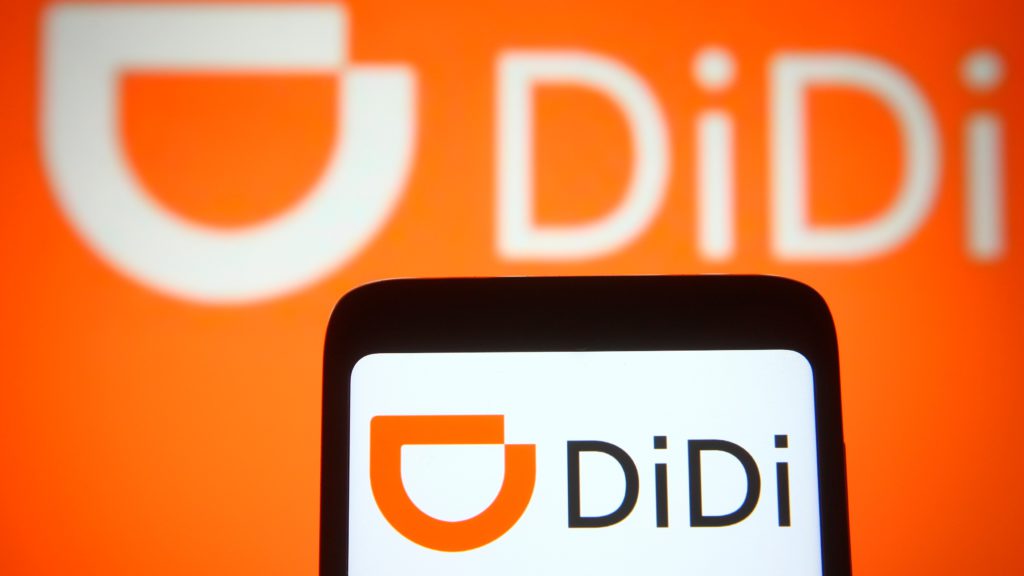KATHMANDU: Didi Global, China’s largest ride-hailing firm, is targeting a valuation of more than $60 billion in a New York Stock Exchange debut that could be the biggest initial public offering in the U.S. this year.
Didi will offer 288 million American Depository Shares (ADS) at $13 to $14 per share, according to the IPO prospectus it updated on Thursday. ADS are issued by U.S. banks and allow American investors to own foreign stocks.
The Beijing-based ride-hailing firm will raise close to $4 billion and reach a valuation of $67 billion if shares sell at the high end of the range.
Didi could debut as early as next month, and analysts expect it to be the largest listing by a Chinese company in the U.S. since Alibaba’s $25 billion NYSE debut in 2014. SoftBank Group, Uber Technologies, and Tencent Holdings are among Didi’s top backers, holding a combined 40% stake.
Didi’s valuation of up to $67 billion is on the lower end of a range that extended to $100 billion, suggesting investors had balked at the higher price.
The ride-hailing giant hasn’t escaped Beijing’s continued clampdown on Big Tech, which began in earnest with the state’s investigation into Alibaba Group Holding’s Ant Group last November. Ant was forced to withdraw its IPO—which would have been the world’s largest at $37 billion. The state probe into the group culminated in a record $2.8 billion fine levied on Alibaba for abusing its dominant market position.
Last week, China’s State Administration for Market Regulation (SAMR) launched an antitrust investigation into Didi, according to Reuters. China’s market regulator reportedly is examining whether Didi engaged in anticompetitive practices and scrutinizing the transparency of Didi’s pricing mechanism for its ride-hailing business.
Didi did not respond to requests for comment.
Didi acknowledged in its prospectus that China’s market regulators ordered it to undertake a “self-inspection” in April—alongside 33 other “platform” companies like JD.com, Tencent, and ByteDance. The SAMR warned that noncomplying firms will face tough punishment.
Former Alibaba employee Cheng Wei founded Didi in 2012. The company acquired domestic rival Kuaidi Dache in 2015. The following year, Didi took over Uber’s China operations in a $35 billion deal after an intense price war between the ride-hailing giants. Didi operates a mobile app that allows users to order private cars, taxis, and carpool features. Its international version also offers food delivery services. Didi recorded $21.6 billion in revenue for 2020 but reported a net loss of $1.6 billion.
Thirty percent of Didi’s IPO proceeds will go toward technology upgrades in its electric-vehicle and autonomous driving initiatives. Another 30% will fund international expansion; the company is currently active in 4,000 cities across 16 countries. The remaining funds will be directed toward developing new products. Fortune

